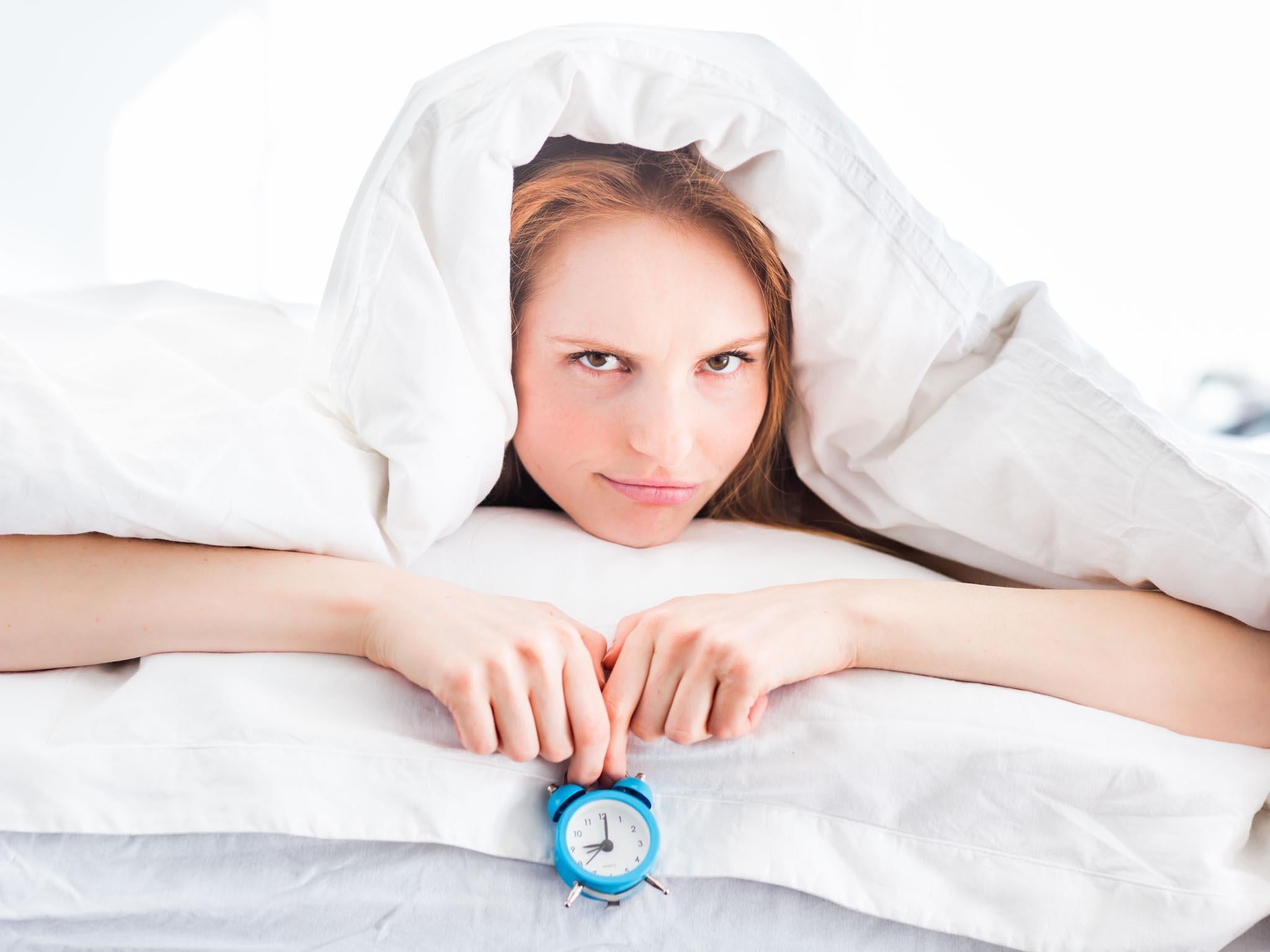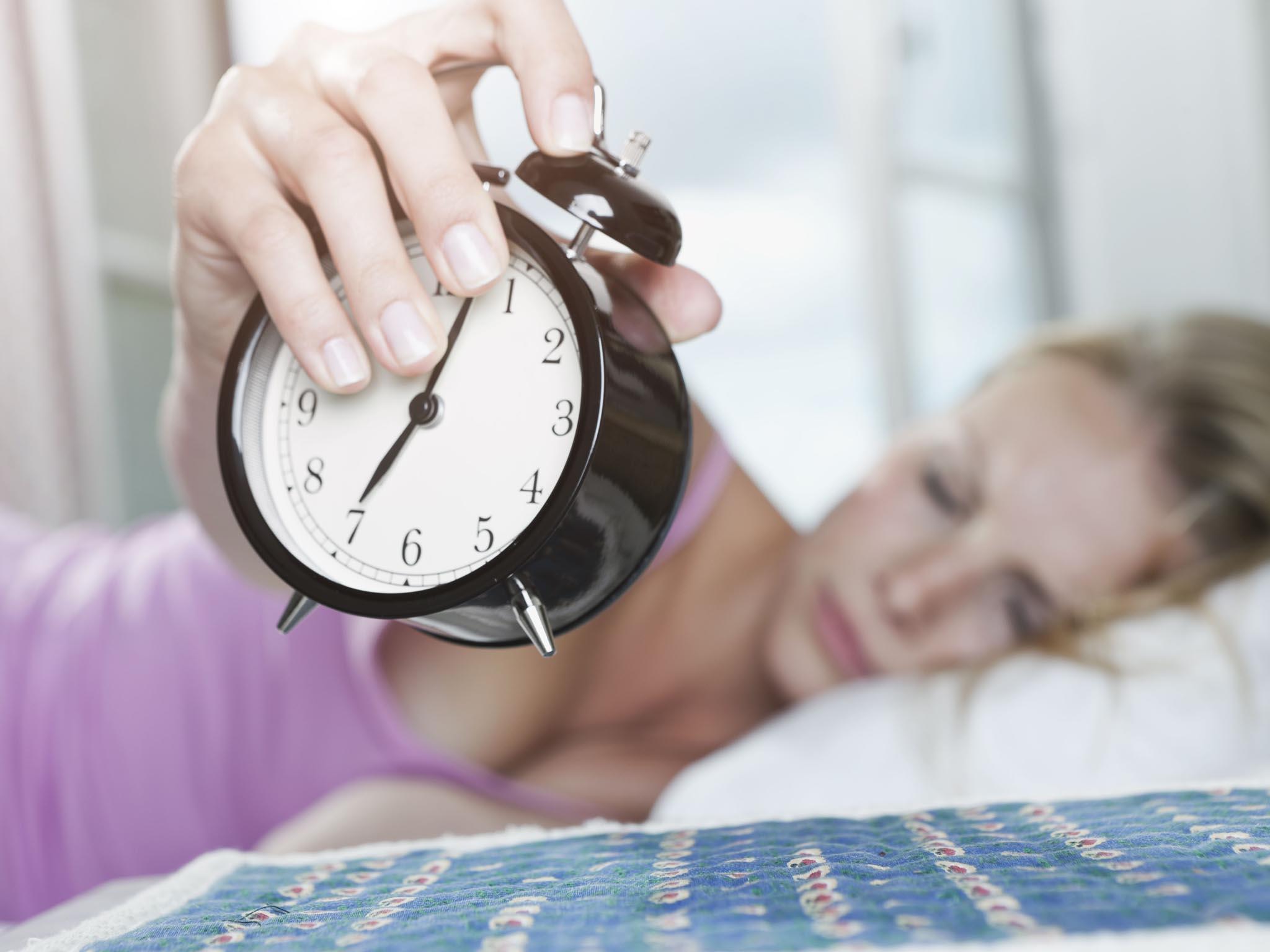Why hitting the snooze button can actually make you more tired
Those few extra minutes could actually do more harm than good

Your support helps us to tell the story
From reproductive rights to climate change to Big Tech, The Independent is on the ground when the story is developing. Whether it's investigating the financials of Elon Musk's pro-Trump PAC or producing our latest documentary, 'The A Word', which shines a light on the American women fighting for reproductive rights, we know how important it is to parse out the facts from the messaging.
At such a critical moment in US history, we need reporters on the ground. Your donation allows us to keep sending journalists to speak to both sides of the story.
The Independent is trusted by Americans across the entire political spectrum. And unlike many other quality news outlets, we choose not to lock Americans out of our reporting and analysis with paywalls. We believe quality journalism should be available to everyone, paid for by those who can afford it.
Your support makes all the difference.No matter how much sleep you get it never feels like quite enough. Logically, hitting snooze to tack on an extra five or ten minutes should boost your energy levels right?
Wrong. According to experts, instead of giving you a kick, napping after your alarm goes off can actually increase tiredness and make you feel drowsy.
This is because the time between buzzes is so narrow that your body doesn’t have enough time to fall back into a deep sleep. What’s more, the lack of routine causes your brain to become confused about what the alarm actually means and messes with your body clock.
It’s a theory supported by many, including behavioural scientist Dan Ariely. Writing in his advice column in the Wall Street Journal he said, “Set your alarm for exactly the time you need to get up.”
“Since you want to start your day at 7am, you may be tempted to set the alarm a bit early – let’s say 6.40am –and hit snooze a few times until it is 7am or maybe even 7.15am. But if you pick this snooze strategy, your body can’t learn the conditioned response between hearing the alarm and getting up”, he adds.

“In general, our bodies do better when they can get used to a single clear rule – get out of bed the moment the alarm sounds.
“When we play with the snooze button, our bodies get a confused message – sometimes we hear the beeping and get up, sometimes we hear it and stay put for 10 more minutes, sometimes we lie there for another 20 minutes, and so on.”
It’s all too tempting to revel in the sheets for just a bit longer but those few extra minutes could actually do more harm than good.
If you’re not ready to get out of bed it probably means you didn’t get enough sleep so start by making sure you get the recommended seven to nine hours kip.
Join our commenting forum
Join thought-provoking conversations, follow other Independent readers and see their replies
Comments